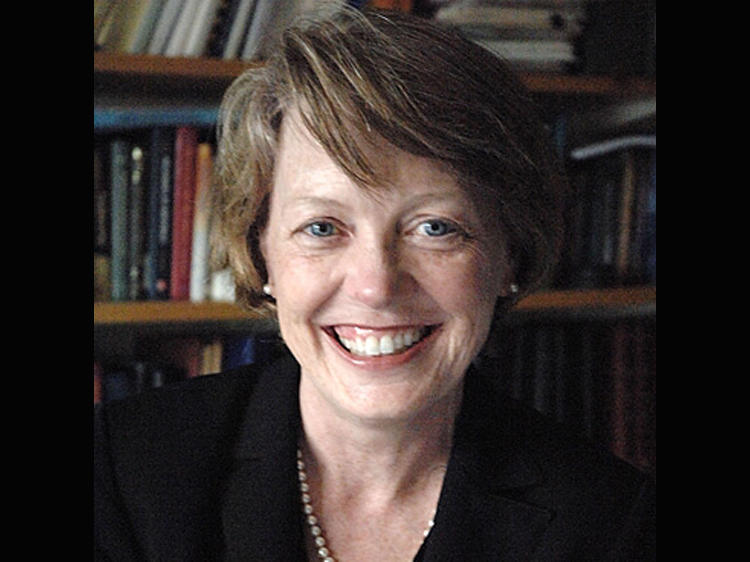Mary Cunningham Boyce, a former MIT professor who is an expert in nanotechnology and materials research, is the new dean of the Fu Foundation School of Engineering and Applied Science.
Boyce started her new job July 1, coming to Columbia after more than twenty-five years at MIT, where she recently chaired its mechanical-engineering department.
“Columbia is fortunate to welcome such an impressive dean at a time of both signal accomplishment and new opportunity for our School of Engineering and Applied Science as it approaches its 150th anniversary,” says President Lee C. Bollinger. “Professor Boyce has distinguished herself throughout her academic career not only as a scholar, but also as a teacher and mentor driven by an abiding commitment to nurturing the next generation of engineers.”
Boyce won several awards at MIT for her teaching and devotion to students.
A leader in the field of the mechanics of materials, she studies the elastic, thermal, and kinetic properties of physical systems at the nanometer scale. Her work has led to innovative material models with the potential to influence a range of industrial and academic fields, including polymer processing, composite-material design, tire mechanics, and biological cells and tissues.
At MIT, Boyce is also known for overseeing research teams that brought together faculty from many different departments. Her support of multidisciplinary research should receive a warm welcome at Columbia Engineering, where today faculty are pursuing novel collaborations with researchers in medicine, public health, journalism, political science, history, climatology, and many other fields. To support this type of work, New York City recently gave Columbia seed funding to create a new Institute for Data Sciences and Engineering. Columbia’s new Northwest Corner Building — where engineers are working with chemists, biologists, and physicists — and the development of the Manhattanville campus also offer opportunities to expand the engineering school’s research and teaching.
“Columbia’s convergence of talented individuals from diverse disciplines positions it as a focal point for innovation,” says Boyce. “Our society has become both more inspired by and more demanding of engineers’ role in developing solutions to some of the most pressing global challenges, and working together we can be instrumental in building that future. The next decade offers unique opportunities to further expand the excellence and impact of the school. I am excited to be part of that future.”



